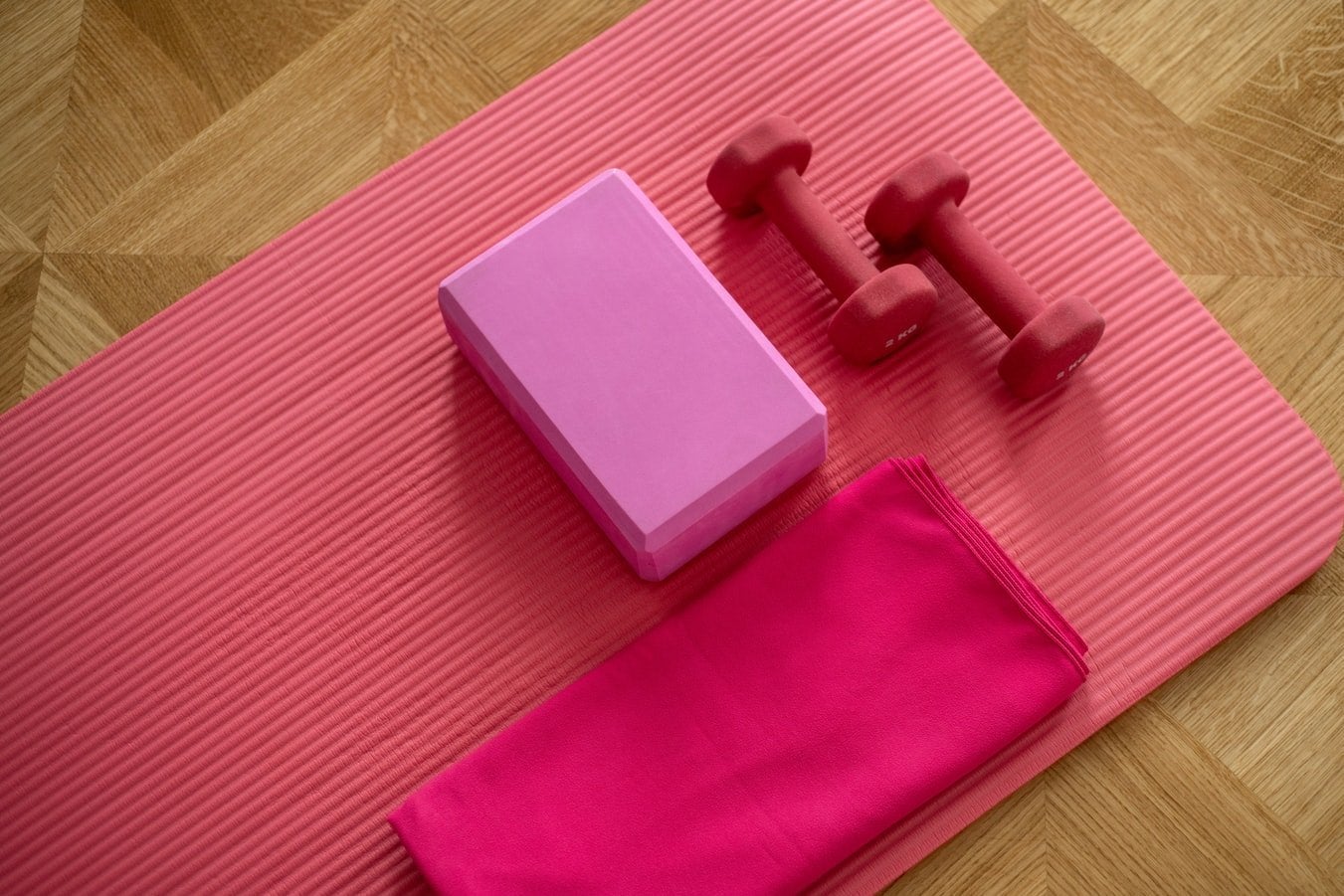As a biology and psychology major, I have always been fascinated by the nervous system and its different functions in particular. How the mind influences the body is a whole field in itself. I find it so interesting that we can change our habits simply by using science. And so, I introduce to you my favorite podcaster, Andrew Huberman!
Andrew Huberman is a neuroscientist and a professor in the neurobiology department at Stanford University. His podcast discusses topics on neuroscience and how our brain connects with our bodies to control our behaviors, thoughts, and perceptions. He offers advice on how to achieve desired bodily functions and behaviors using science-based tools.
His daily routine is ambitious and takes a steady mindset to achieve. In the interest of time and practicality, I chose three specific tasks and did them for a week. Here are my thoughts and what I felt made a change to my daily life.
Disclaimer: My experiences are solely my own. Remember, the placebo effect is probable in personal experiments, so take my experiences with a grain of salt. Do not expect the same results!
- I tried non-sleep deep rest (NSDR)
-
Non-sleep deep rest, also known as NSDR, is a 10-minute meditation, similar to yoga nidra. In Huberman’s 10-minute session, listeners tune into breathing practices as well as focus on individual parts of their body. The purpose is to allow you to control the relaxation state of your nervous system. It is meant to restore energy and provide a replacement for any sleep that you have lost. The regimen can be done at any time of day.
My thoughts: I am pleased to say that it worked! Even before this video, I routinely engaged in meditation, so this was no new task for me. Regardless, the specific steps were different. Like all meditation sessions, I felt relieved towards the end. I felt more in control of my environment and my senses. I didn’t realize how tense my body was. To really test the effects, I decided to try this after (unfortunately) having to stay awake for 24 hours. Even three minutes into the session, I felt more refreshed and alert. I am excited to have found this and will use it on those sleep-deprived days.
The link to the official video can be found here: (Non-Sleep Deep Rest) with Dr. Andrew Huberman
- I Took cold showers
-
As the name suggests, this is when a person plunges themselves into cold water for a set duration of time. According to Huberman, cold showers are meant to give a huge surge in cortisol, epinephrine, adrenaline, and dopamine. These help with improving mood and alertness throughout the day. In one of his podcasts, it is also mentioned that cold showers help in fat loss.
My thoughts: I went in with the mindset that I couldn’t do it, but I did! It was brutal. I turned the tap 180° and stood for a minute. I gradually increased the time as the days passed until I hit three minutes. I can safely say that those were the longest three minutes. I did note that after each session, I felt proud of achieving this accomplishment, at least for myself. This might as well be the dopamine talking! As for mood and alertness throughout the day, I did feel much better. However, this cannot be reliably measured, so I am not sure if a cold shower actually helped. Additionally, my weight did not decrease, but I attribute this to only doing the regimen for a week. I do anticipate some changes if I do it for a longer time.
- I stayed hydrated during demanding work
-
As we know, hydration is essential in keeping us healthy. Huberman explains that hydration is huge towards cognitive function. He introduces the “Galpin equation”, which is essentially your body weight divided by 30. You drink this amount in ounces, every 15-20 minutes. It is done during demanding mental or physical activity. The idea is that being dehydrated causes us to lose attention to our tasks, so by drinking water, we can stay more focused.
Thoughts: I decided to apply this equation when I would hit the elliptical (for around 30 minutes) or when I was doing my homework. Unfortunately, I did not feel any noticeable changes other than the fact that I had to pee a lot! But, it is always a good idea to stay hydrated, as the health benefits are plentiful.
Overall, it was an insightful experience. There didn’t seem to be any drawbacks or serious harm. Performing these tasks only confirmed my fascination with being able to control my mind and body with science-based approaches. I intend on implementing my experience in daily life for a longer duration of time to increase its effects.
If you’re simply interested in neuroscience, or just science in general, a link to his amazing podcast is provided here: Huberman Lab
Happy listening!
Can’t get enough of HC UMass Amherst? Be sure to follow us on Instagram, listen to us on Spotify, like us on Facebook, and read our latest Tweets!




